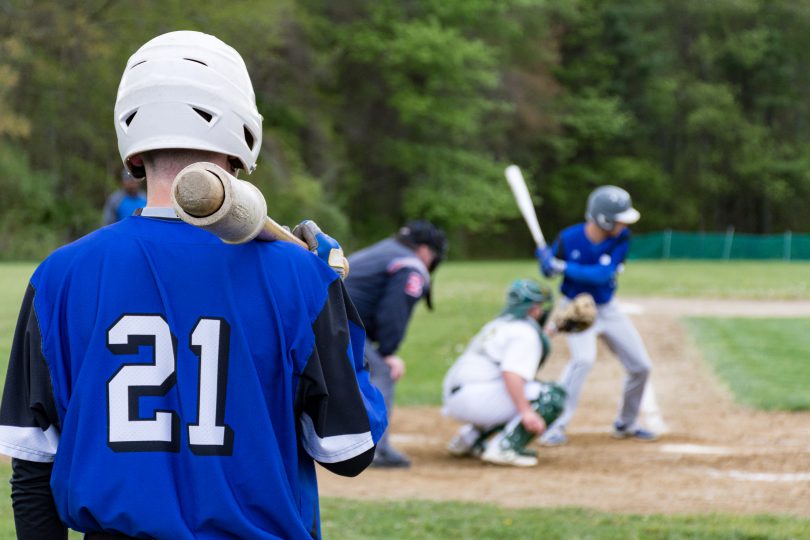In Baseball Decisions to Consider this Summer Part I, we discussed what to consider when making important decisions about showcases and camps. In this article, we follow up on that discussion by considering the importance of choosing the right summer team or training program. With more free time, summer presents a tremendous opportunity to improve. With baseball ramping back up for summer, your decision on who to play for (or not play for) can make a big difference. We’ll jump right in to help you answer the question, who should you play for this summer?
Choosing a travel team or summer team can feel like choosing an identity. It’s also a point of contention between many high school coaches and travel coaches who fight over access to “their” players during the summer and fall. This makes having a plan and reason for what you decide to do even more important. Again, cost can be a limiting factor. If you are on a tight budget, high school summer teams, Junior or Senior Legion, and other local summer leagues can provide you with great opportunity. If there is nothing available that fits your budget, think about joining the many players who are using the summer window and a more open schedule to double down on baseball training. While playing is important, focusing on training can be the right decision, especially players who need to develop a strength and conditioning base or whose skills are far below where they need to be to play at the college level. Among the many things you need to consider when choosing a summer team are playing time, opportunity to train/practice, exposure, enjoyment, and of course, cost.
Our Suggestion: We suggest that you don’t sacrifice development and playing time for exposure unless you are a graduated senior still looking for a place to play. In other words, play for a team or organization (or create a training plan) that is going to have you excited to be there every day and give you the opportunity to get better.
Why: The players who make it to college baseball are the players that are always improving. Too often, players spend their summers running around from tournament to tournament or showcase to showcase, only to show up back at school in the fall as the same player they were when the spring season ended. There is no better time to make big gains in velocity, bat speed, strength, speed, etc. than the summer when your schedule is free from school and many other obligations. Making these gains requires a plan and time in your schedule to practice and train. Summer playing choices are more about having a comprehensive development plan than anything else. This goes for deciding which organization to play for as well. Many players (and parents) think that playing for the organization with the biggest and best-known name is the only way to get seen. This simply is not true. Technology has made creating exposure and landing on a college coach’s radar easier than ever. You can create this exposure yourself, for free. For this reason and others, choosing a team that will help you develop and improve, and where you will be excited to show up and get to work every day should be the focus.
Since there many summer teams out there and each operates differently, it would be counter-productive and unfair to paint them with a broad brush. As with showcases, there is no substitute for doing quality research before making a decision. You can find out a lot about an organization by taking an objective look at your abilities and doing your research. Below are some of the questions you should look to answer or at least consider before signing up for a team:
- What are the costs and can I afford it? Make sure you consider things like player fees, travel, hotels, uniforms, etc.
- How many teams does the organization have? Do I have to tryout? Do I know which team I am likely to end up on? Will I be getting a lot of playing time? How is playing time determined?
- Who are the coaches? What is their coaching experience and what is their track record with helping players make it to the next level? Do they send players to every level of college baseball? Or simply claim the top players in the organization when they commit to a D1 program?
- What do they stand for? Are they grounded in development or consumed by “ring chasing”? What is their reputation in the area?
- What are your goals for the summer? What are your long term goals? How will each playing opportunity available to you help move you closer to accomplishing those goals?
By answering these questions and others, you will ensure that you are making a thoughtful decision about summer ball. If you are already locked in with a summer ball team, the same thought process can be used in the fall. Regardless of whether your summer ball plans are set in stone or not, you’ll benefit from reading the final article of this mini-series, when we take a look at the big picture and help you find balance between development, exposure, and health. Be sure to check back in to read it!







